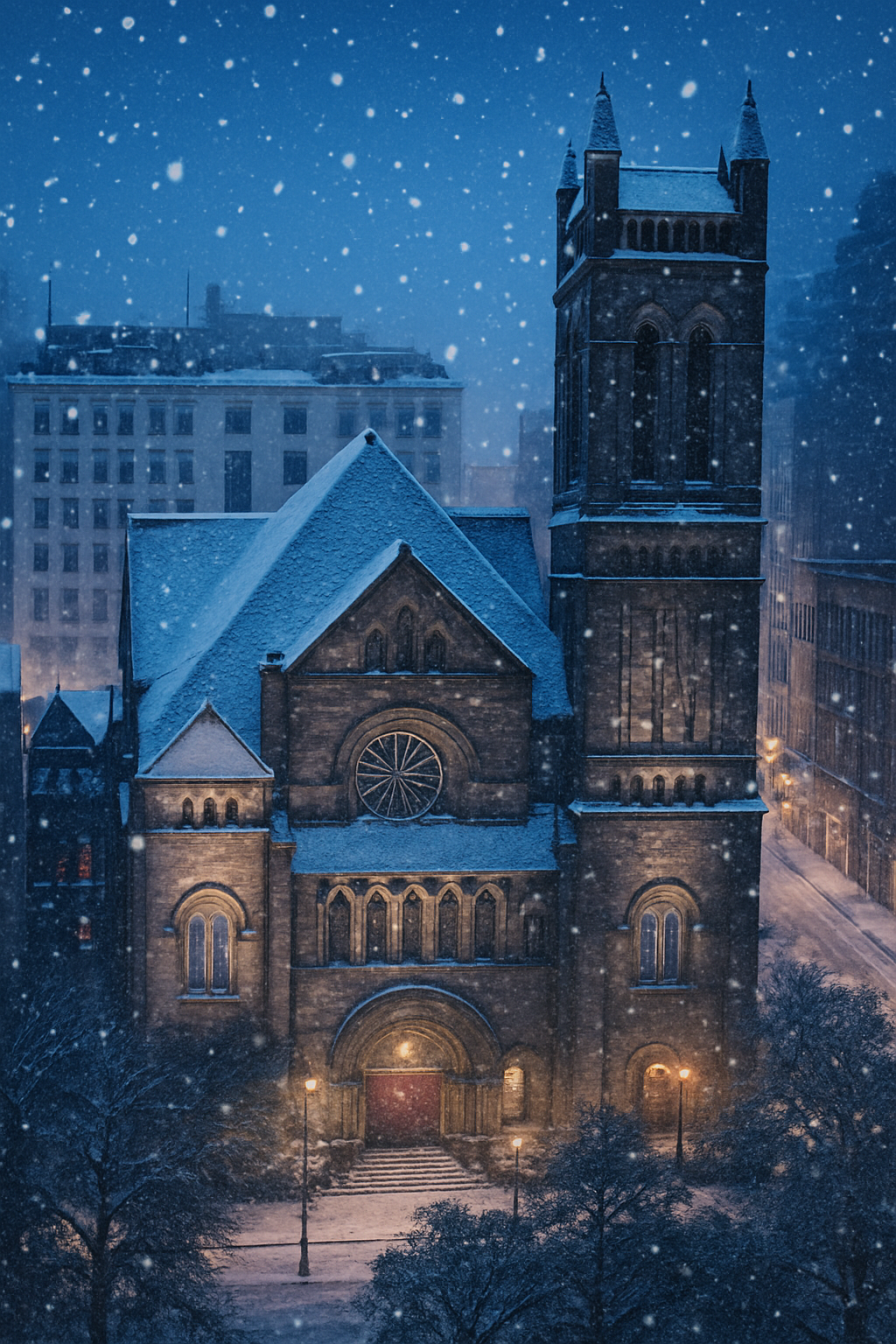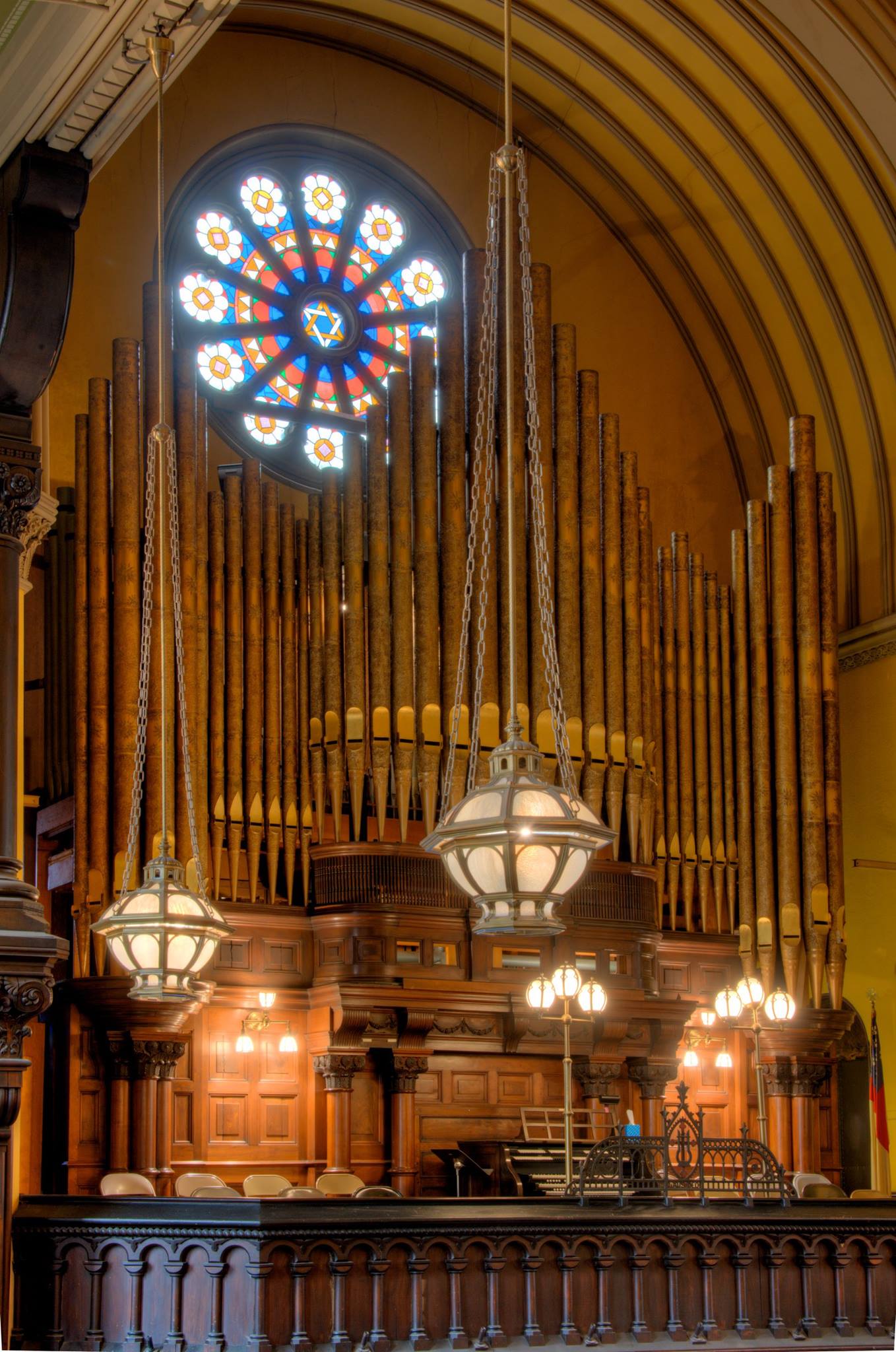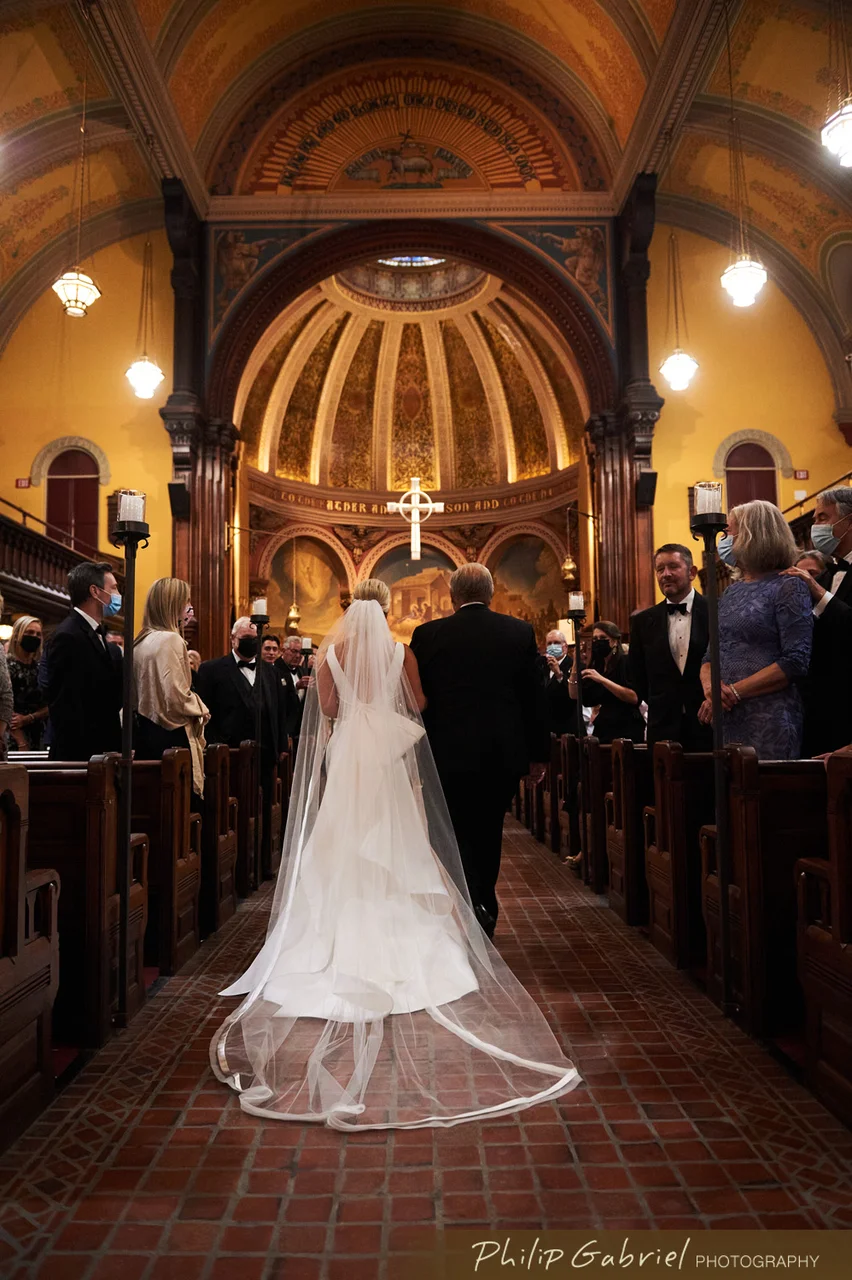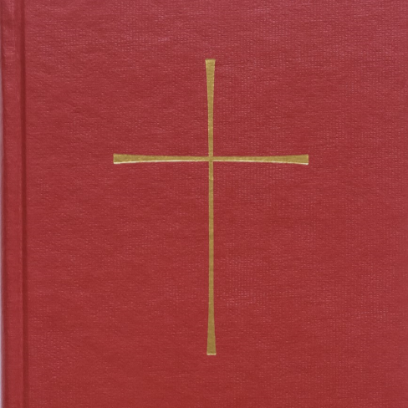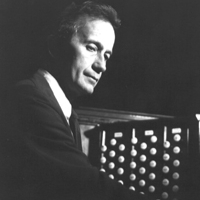
(Photo: Gerre Hancock, Karen McFarlane Artists, Inc.)
MUSIC FOR JANUARY 23, 2022
Organ Voluntaries:
- Aria –Gerre Hancock
- Sonata No. 1 in F minor, op. 65 – Felix Mendelssohn
Canticles:
- Venite
- The Third Song of Isaiah
- Te Deum
Anthem:
- Give Thanks to the Lord - Gerre Hancock
Hymns:
- 633 Word of God, come down on earth
- 547 Awake, O Sleeper, rise from death
- 538 God of mercy, God of grace
by Donald Meineke
Music in Christianity has a long tradition. A very, very long tradition. Our musical heritage doesn’t only begin with the official institution of the church sometime in the first century of the Common Era, but rather traces its origins all the way back to the Jewish tradition of hymn singing by way of the Psalter, or Psalms.
The flourishing of Christianity in the West throughout the first and second millennium gifted the Church with thousands of texts and tunes, many of which having stood the test of time and becoming some of the most beloved hymns we have today.
Two of the greatest treasures we have as Episcopalians is our 1979 Book of Common Prayer and 1982 Hymnal. The 1960’s, 70’s, and 80’s was the height of ecumenical relations between the mainline denominations, liturgical renewal following Vatican II, and activism around social justice issues of race, gender equality, and sexuality. This energy sparked a creative wave throughout the church in its liturgy, music, art, and architecture in America.
From these energies a vibrant and uniquely American expression of music and hymnody took root. The Hymnal ’82 and its subsequent supplemental resources (Wonder, Love, and Praise; Lift Every Voice and Sing, etc.) represent a flora of sacred music spanning the most ancient of sources to music composed for today.
This week’s music highlights music composed for three of the most iconic places of worship in America: Washington National Cathedral; St. Thomas Church, Fifth Avenue; and Marsh Chapel at Boston University.
Richard Wayne Dirksen served as Organist and Choirmaster at National Cathedral from 1977 to 1988 and served as the director for the glee club at the Cathedral’s affiliate school, St. Alban’s, from whence today’s opening hymn takes its tune name.
Gerre Hancock transformed the music program at St. Thomas’ in NYC, serving as Director of Music from 1971 to 2004, and enshrined the corner of Fifth Ave and 53rd street as a place of pilgrimage for sacred music lovers from all over the world.
Max B. Miller served as Director of Music for Marsh Chapel/School of Theology/Masters of Sacred Music program at Boston University from 1949-1991. Today’s Offertory Hymn is named after the Chapel and utilizes soaring melodic lines so characteristic of this era of American hymnody.
Recent Posts

